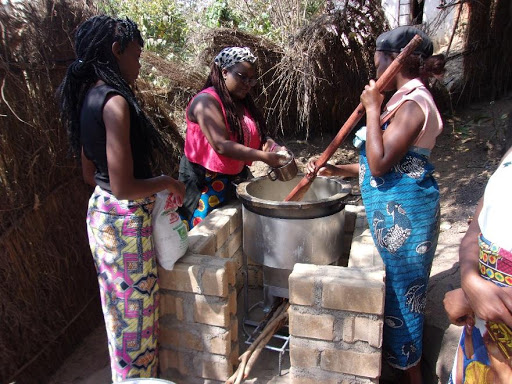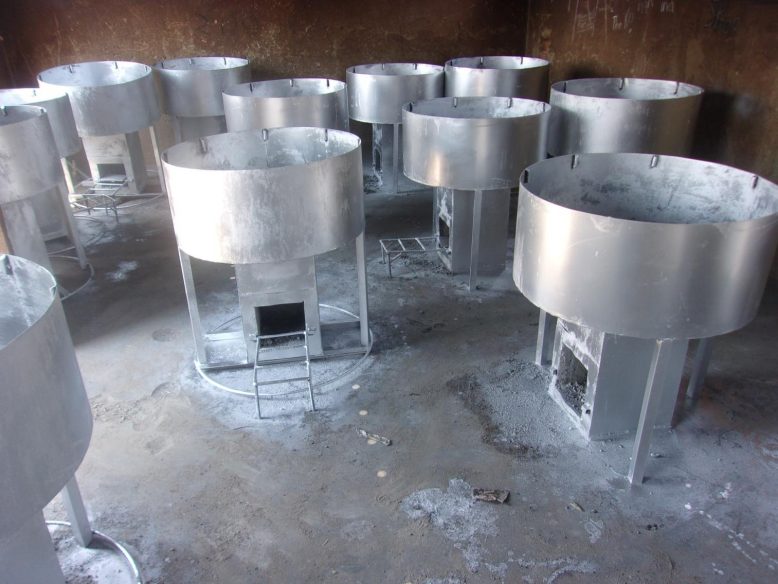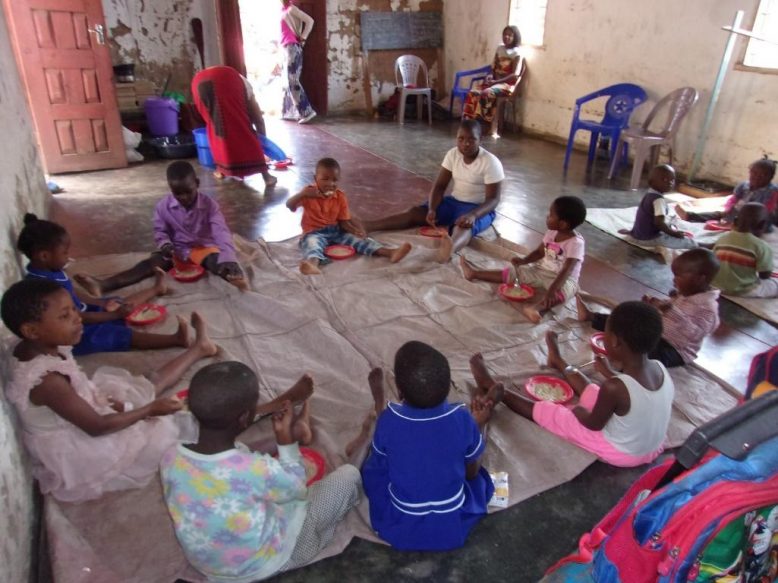
Fire is something that has meant life for so many people throughout history. It’s used to produce light, heat, and most especially to cook food and heat water. It still sustains life for so many people, including those in Malawi. Due to the importance of fire, there needed to be a way to efficiently use it. Introducing, the rocket stove.
Why Rocket Stoves?
Rocket stoves are able to produce a nearly complete combustion, meaning that most of the chemical compounds are burned instead of being turned into smoke or soot. This provides a much cleaner and healthier environment, and burns hotter quicker. There’s no smoke, which makes it ideal for the school they’re used in.
What also makes them ideal is how affordable and easy they are to make. There are also many different types of materials that can be used to make the stoves. This makes them very accessible and ideal, especially for countries like Malawi.

Other Benefits
There are even more benefits to having rocket stoves that go beyond those that are observable. For example, the majority of fires in Malawi are open flame, producing 80% more carbon monoxide emissions than a rocket stove and Malawi is facing deforestation problems. These are the reasons rocket stoves are ideal, as they take less fuel to burn hotter and cleaner fires. Because of the introduction of rocket stoves, Malawi has an opportunity to be more energy efficient and environmentally clean.
Seibo School Stoves
The Best Choice
The benefits that these rocket stoves bring are what makes them the best choice for Malawi in it’s currently state. Nobody knows exactly what the future looks like for Malawi, but if we continue to help provide these benefits for the people, the future is bright!
If you would like to help, consider donating to Seibo, so we can keep providing essentials, such as rocket stoves to help cook the food for these children we care so much about! Zikomo Kwambiri!
This article was written by Tanner Goodwin, an intern at Seibo Japan



